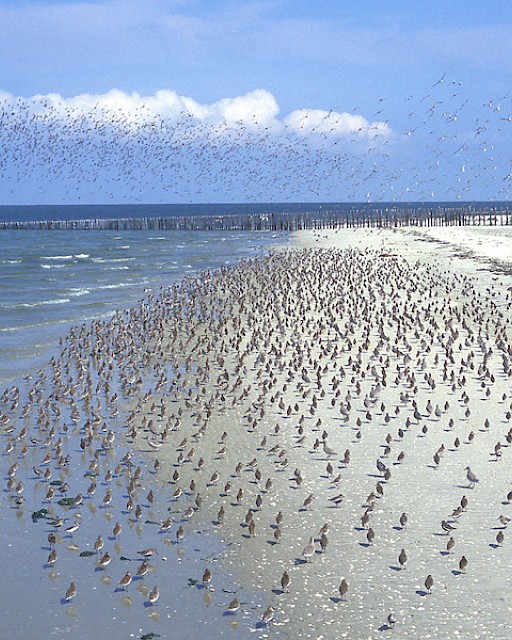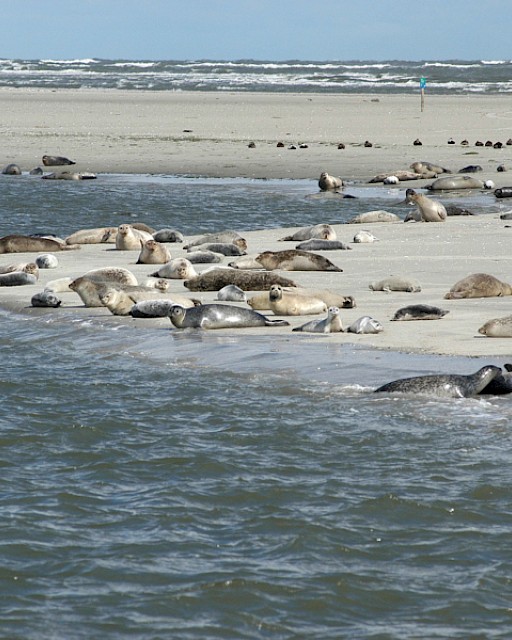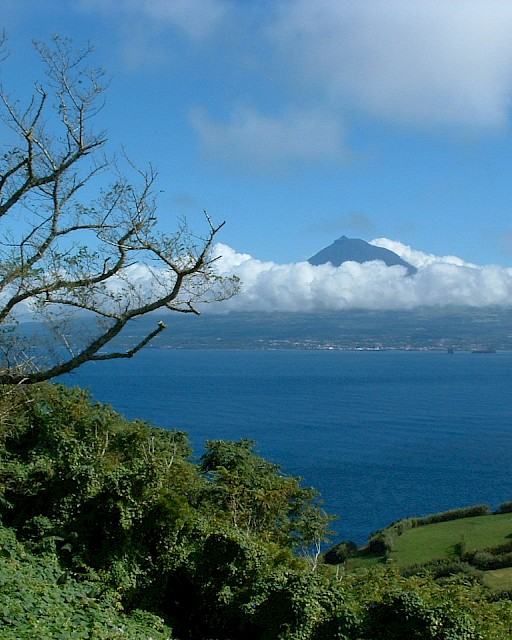How OSPAR works
The work of the OSPAR Commission is formally governed by the Rules of Procedure of the OSPAR Commission.
Work to implement the OSPAR Convention and its Strategy is taken forward through the adoption of Decisions, which are legally binding on the Contracting Parties, Recommendations and Agreements. Decisions and Recommendations set out actions to be taken by the Contracting Parties. These measures are complemented by Agreements setting out:
- issues of importance
- agreed programmes of monitoring, information collection or other work which the Contracting Parties commit to carry out
- guidelines or guidance setting out the way that any programme or measure should be implemented
- actions to be taken by the OSPAR Commission on behalf of the Contracting Parties
The OSPAR Commission also issues publications comprising background documents, data reports and the results of evaluations and assessments of data reported to OSPAR by its Contracting Parties.
The OSPAR Secretariat administers the work under the Convention, coordinates the work of the Contracting Parties and runs the formal meeting schedule of OSPAR. The OSPAR Secretariat also manages reporting of Contracting Parties on the implementation of OSPAR measures and the reporting of data under OSPAR monitoring programmes. For some issues practical data management is handled by a lead Contracting Party or contracted to specialist data centres.
Meetings of the OSPAR Commission and its subsidiary bodies are chaired by elected representatives of the Contracting Parties. OSPAR Committees and Working Groups may be delegated to handle the practical implementation of the strategies and to prepare material for examination by the Commission. Observer organisations also take active part in the work of Committees and Working Groups.
For each main Committee a work programme is designed and implemented annually. These can be found on the committee pages. The work programmes are composed of products to be delivered to the next meeting of the Committee and the coming years. For each product a task manager from a lead country or the Secretariat is identified. Where issues require substantial work between meetings informal groups may be established, such as intersessional correspondence groups. These are usually convened by a lead country. Where necessary, OSPAR workshops may be convened by a Contracting Party to examine a particular issue following agreement of the OSPAR Commission.
Useful resources such as presentation templates, guidance for chairs and the manual for task managers can be found on our resources page.






